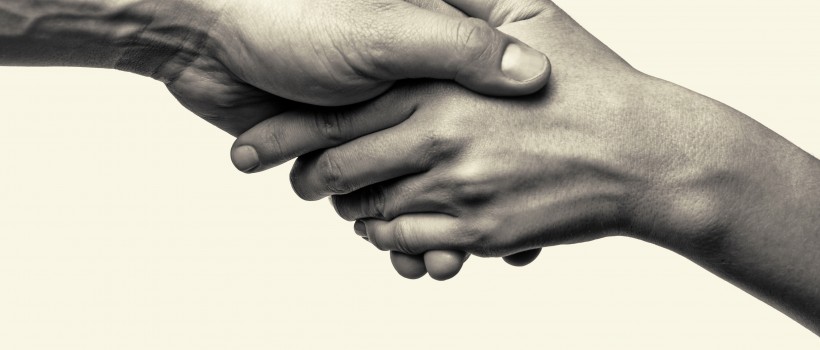The statistics are simply staggering. According to the Centers for Disease Control and Prevention (CDC), every day more than 115 Americans die after overdosing on opioids. Addiction to opioids — including prescription painkiller, heroin, and synthetic opioids such as fentanyl — is an unprecedented crisis that affects thousands of families across our nation.
Mary’s Center is doing its part to help, with our Medication Assisted Treatment (MAT) program, which uses a medication called Suboxone to help patients reduce and then stop substance abuse.Having a support network is a key factor towards a patient’s recovery. Maria Paige, our Addiction Specialist-Care Coordinator, has some advice on how you can help a loved one in recovery.
1. Get informed.
Educate yourself on addiction, so that you can understand what your loved one might be going through. Learn about signs of addiction and withdrawal symptoms, and the physical and emotional impact they have.
2. Be patient.
Recovery will not happen fast, and it will not be easy. Let you your loved one know that even though you don’t support their addiction, you do support them.
3. Be aware of the codependency.
It is common to forget about our own selves and our own well-being when trying to support an addicted loved one. Loved ones could try to emotionally blackmail us. Setting limits and maintaining self-awareness of how we are doing can help us prevent a codependency relationship, in other words a relationship that is one-sided, emotionally destructive and/or abusive.
4. Communicate assertively.
Try your best to express your thoughts, feelings and ideas about your loved one’s addiction when they are calm and able to listen carefully. Use a conversational and sharing style more than a confrontational one. Help them understand the impact their addiction has not only on themselves but also on their family, friends, co-workers, etc.
5. Seek professional help.
It is never too early or too late to get professional help! Don’t hesitate to contact me for confidential help on 202-545-8047 (office) or 202-823-0322 (cell phone).
About Maria Paige
Maria Paige(Addiction Specialist-Care Coordinator) is part of Mary’s Center’s multidisciplinary co-occurring disorders team. She is a strong advocate for access to appropriate and affordable treatment for substance use, and reducing the stigma and discrimination associated with the disease. Maria, who is bilingual in English and Spanish, enjoys engaging people in the process of positive change. Maria received the Purple Wave Festival 2017 Latino Community Service Award from the District of Columbia Recovery Advisory Council (DC RAC) for her dedication to providing comprehensive behavioral health services to the community. She has a Recovery Coach Certificate and a Business degree.
Reference:
CDC/NCHS, National Vital Statistics System, Mortality. CDC Wonder, Atlanta, GA: US Department of Health and Human Services, CDC; 2017. https://wonder.cdc.gov.

